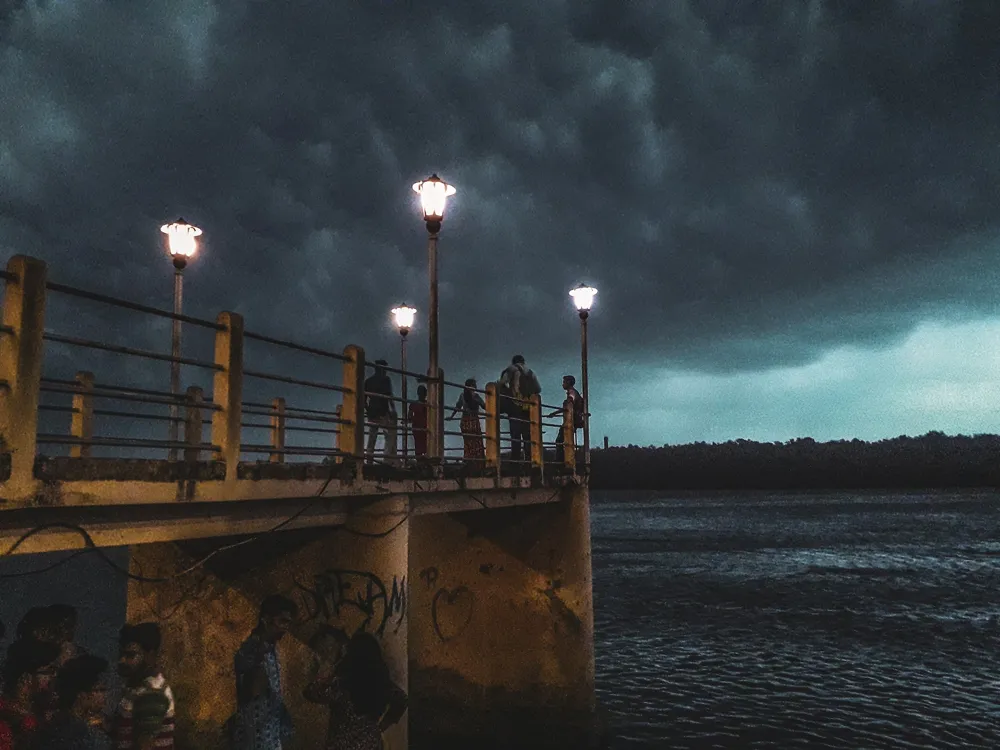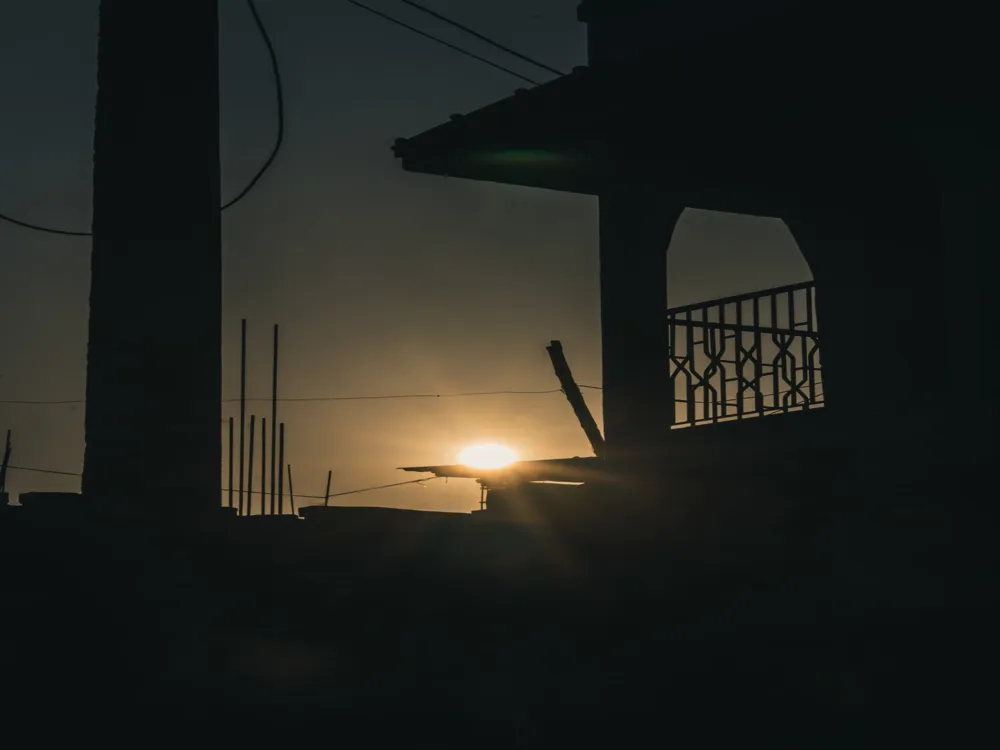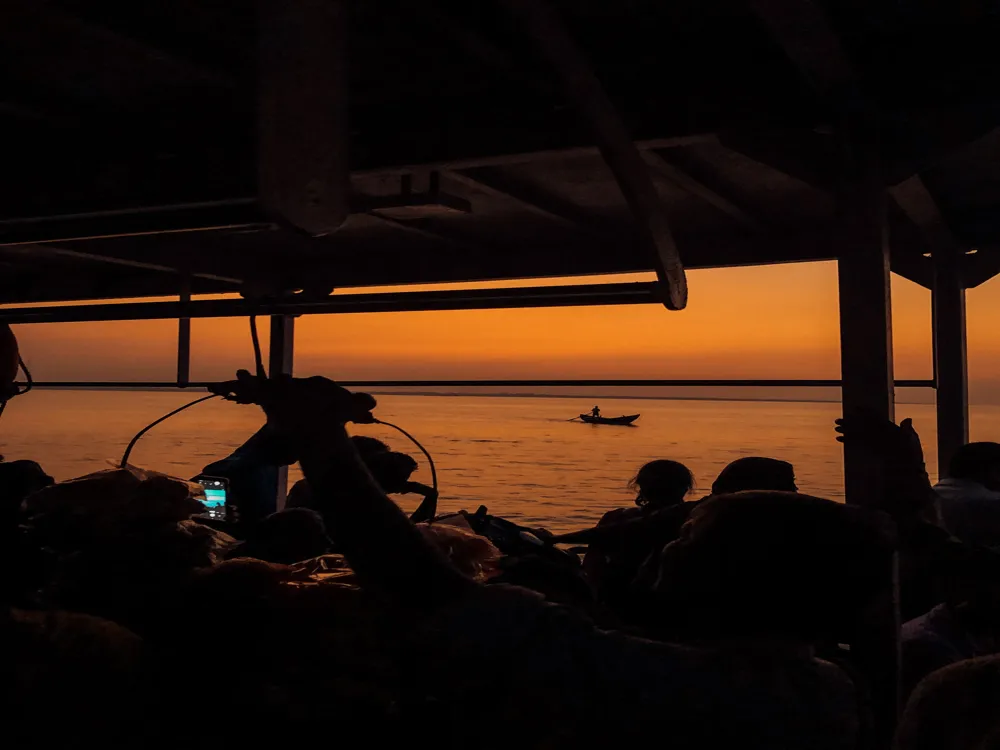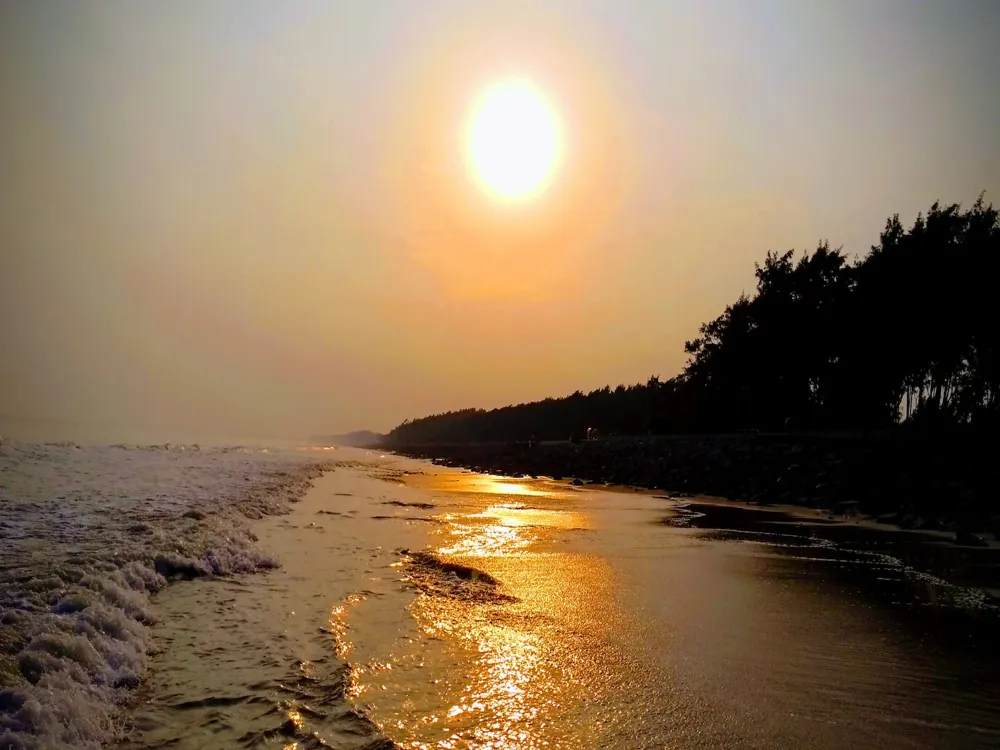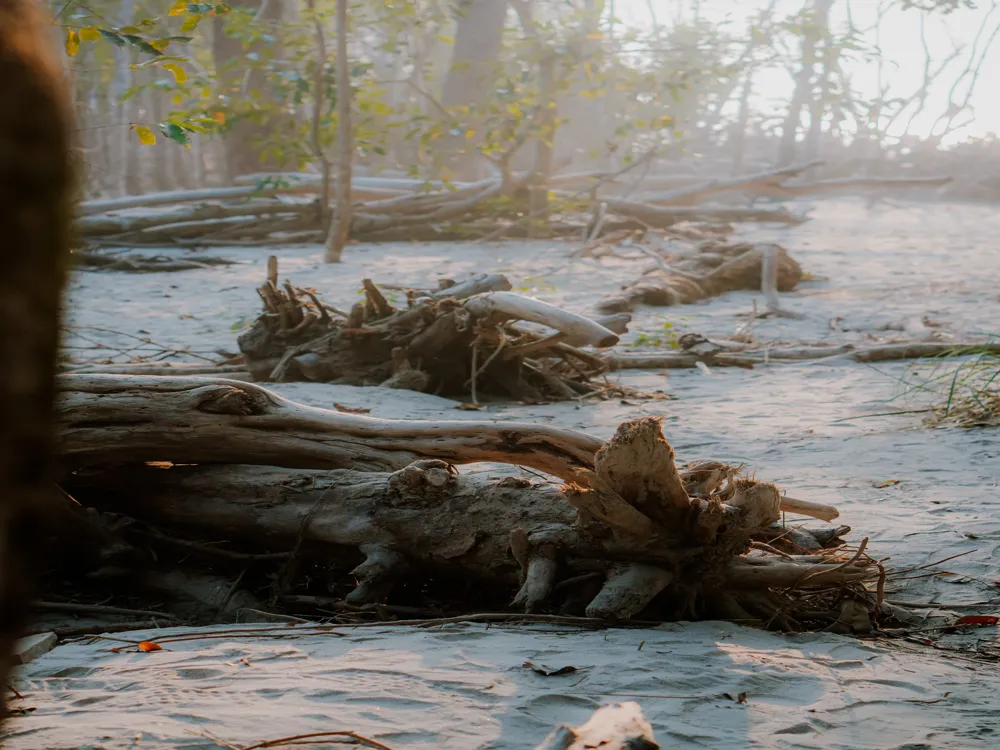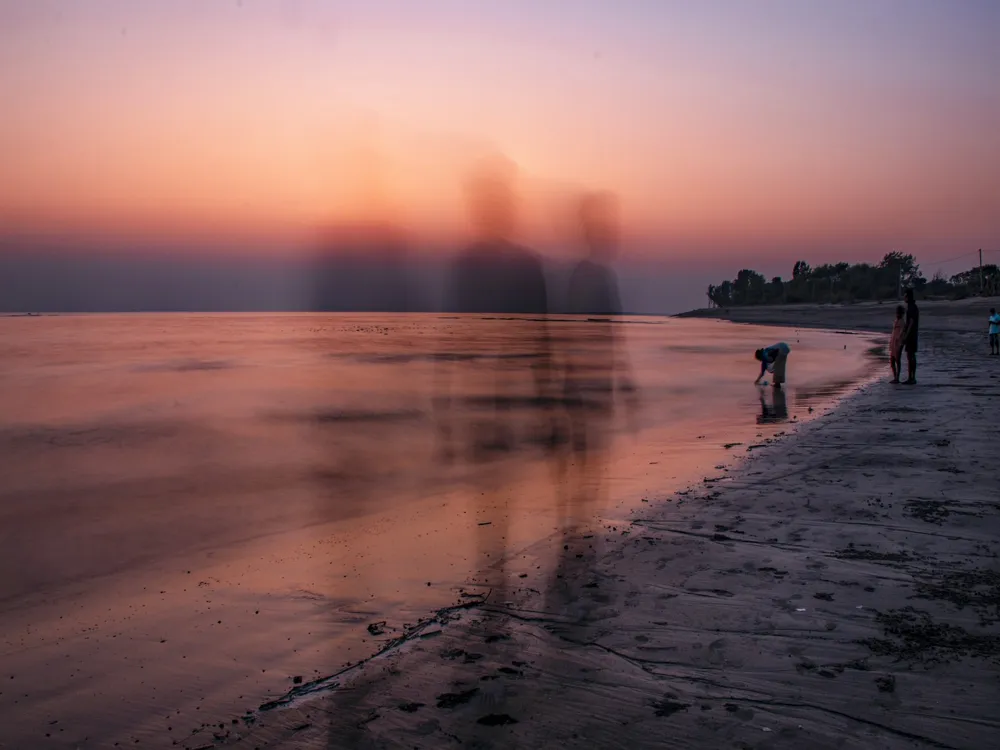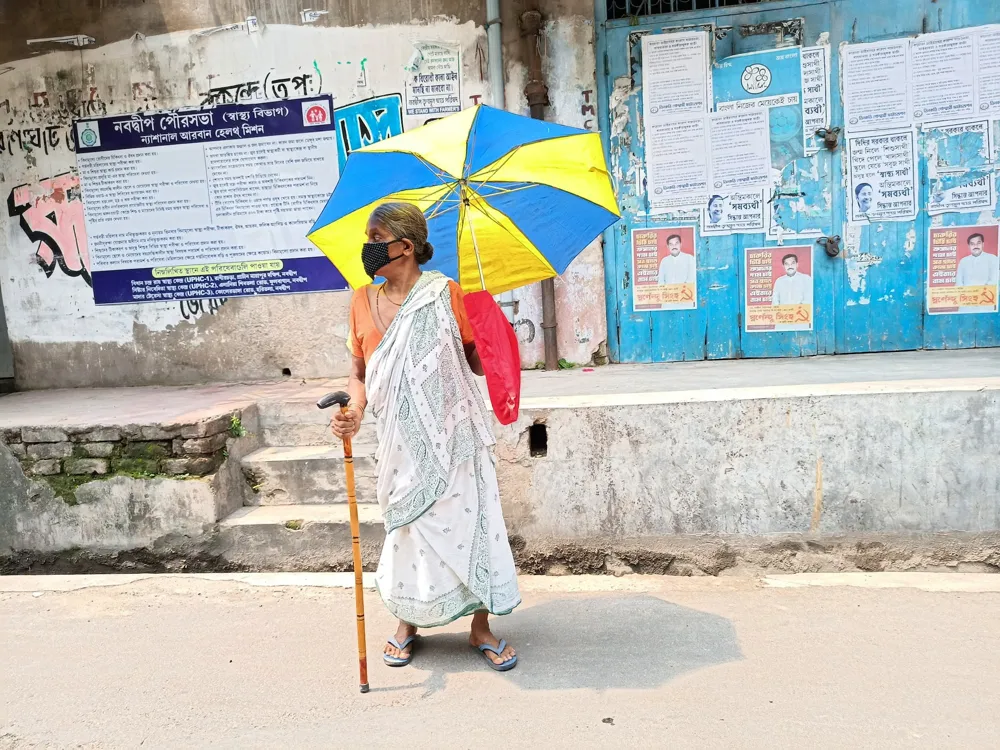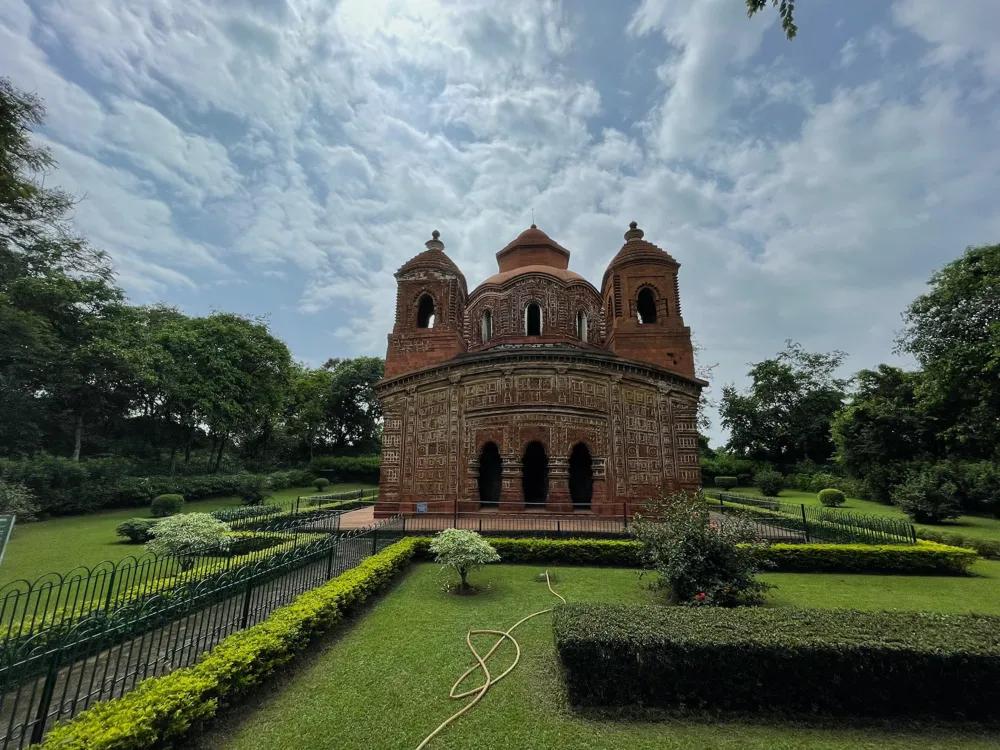Barrackpore, a city with a rich history, nestles on the eastern banks of the Ganges River in Kolkata, West Bengal. This picturesque locale is a seamless blend of historical significance, cultural richness, and serene landscapes. Barrackpore holds a special place in India's struggle for independence and has evolved over the years into a fascinating destination for both history enthusiasts and casual travelers. The history of Barrackpore is deeply intertwined with the colonial era of India. Established by the British as a military and administrative center, the city was at the forefront of several pivotal events in India's freedom struggle. The Barrackpore Mutiny of 1824, predating the more famous Sepoy Mutiny, is a testament to the city's revolutionary spirit. Over the years, Barrackpore has transformed, preserving its historic essence while embracing modernity. Barrackpore's architecture is a fascinating amalgamation of colonial and traditional Bengali styles. Landmarks like the Flagstaff House, Gandhi Museum, and the Temple of Fame are not just architectural wonders but also repositories of historical narratives. These structures, built during the British era, display a unique blend of European and Indian architectural elements, making Barrackpore a visual delight for architecture aficionados. The cultural fabric of Barrackpore is as rich as its history. The city celebrates a variety of festivals with great zeal, showcasing the diverse cultural heritage of India. The local cuisine, art, and music add to the city's charm, making it a microcosm of Indian diversity. The Ghats along the Ganges in Barrackpore offer a serene escape, where one can enjoy the rhythmic flow of the river and the mesmerizing sunsets. Barrackpore's architecture is a treasure trove of historical and cultural significance. The city's landscape is dotted with buildings that tell tales of its past, each structure narrating a different story of the era gone by. From the grand colonial mansions to the humble traditional homes, the architectural diversity of Barrackpore is a testament to its rich historical tapestry. The colonial influence on Barrackpore's architecture is evident in the grandeur and style of its buildings. The Flagstaff House, for instance, is a remarkable example of colonial architecture, showcasing the luxurious lifestyle of the British officers. The intricate designs and spacious verandas speak volumes of the architectural prowess of that era. In contrast, the local Bengali architecture, with its distinct terracotta work and intricate motifs, offers a glimpse into the indigenous artistry. Barrackpore is home to several architectural landmarks that are not just beautiful but also historically significant. The Barrackpore Park, with its lush greenery and well-maintained gardens, is a fine example of landscape architecture. The Gandhi Museum, housing artifacts and memorabilia related to Mahatma Gandhi, is another notable structure, that combines historical importance with architectural elegance. In recent years, there has been a conscious effort to preserve the architectural heritage of Barrackpore. Restoration projects have been undertaken to maintain the structural integrity and original beauty of these historical buildings. At the same time, modern architectural influences have started blending with the traditional, giving rise to a unique architectural landscape that respects the past while embracing the future. The ideal time to visit Barrackpore is between October and March. During these months, the weather is pleasant, making it perfect for exploring the city's historical sites and enjoying its natural beauty. Respect local customs and traditions. Dress modestly when visiting religious sites, and always ask for permission before taking photographs of locals or sacred places. Barrackpore offers a range of accommodation options, from luxury hotels to budget stays. The city's cuisine is a must-try, with a variety of local Bengali dishes and street food. Public transport is readily available in Barrackpore. Auto-rickshaws, taxis, and buses are the most common means of transport. For a more scenic route, you can take a ferry ride along the Ganges. Barrackpore is well-connected to the rest of India by road, rail, and air. The nearest airport is the Netaji Subhash Chandra Bose International Airport in Kolkata. From the airport, one can take a taxi or a bus to reach Barrackpore. The city also has its own railway station, which is well connected to major cities across India. For those traveling by road, a network of national highways and local roads makes Barrackpore easily accessible from various parts of the country. Read More:Welcome to Barrackpore, Kolkata: A Historical and Cultural Treasure
The Rich Tapestry of Barrackpore's History
The Architectural Marvels of Barrackpore
Experiencing the Cultural Vibrancy
Exploring the Architectural Heritage of Barrackpore
Colonial Influences and Indigenous Styles
Key Architectural Landmarks
Preservation and Modern Influences
Tips When Visiting Barrackpore
Best Time to Visit
Local Etiquette and Customs
Accommodation and Dining
Getting Around
How To Reach Barrackpore
Barrackpore
Kolkata
West Bengal
NaN onwards
View kolkata Packages
Weather :
Tags : Town
Timings : 24 hrs
Time Required : 1 - 2 days
Entry Fee : No Entry Fee
Planning a Trip? Ask Your Question
Kolkata Travel Packages
View All Packages For Kolkata
Top Hotel Collections for Kolkata

Private Pool

Luxury Hotels

5-Star Hotels

Pet Friendly
Top Hotels Near Kolkata
Other Top Ranking Places In Kolkata
View All Places To Visit In kolkata
View kolkata Packages
Weather :
Tags : Town
Timings : 24 hrs
Time Required : 1 - 2 days
Entry Fee : No Entry Fee
Planning a Trip? Ask Your Question
Kolkata Travel Packages
View All Packages For Kolkata
Top Hotel Collections for Kolkata

Private Pool

Luxury Hotels

5-Star Hotels

Pet Friendly













